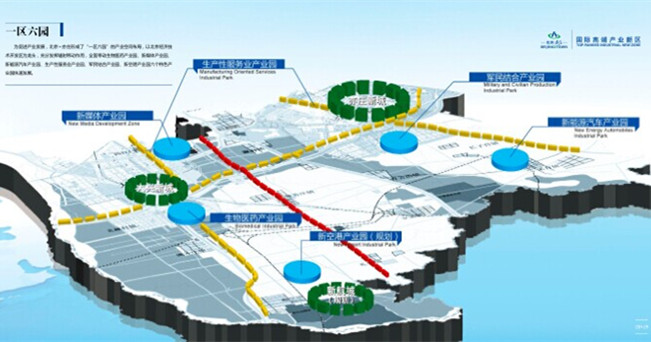Xiongan to host next cashierless fresh food market
( China Daily )
China's second-largest e-commerce site JD plans to open its second unmanned supermarket in Xiongan New Area, after it opened a 246 square-meter cashierless store, the firm's first project in the area, during the past Labor Day holiday.
The store updates the retail experience by adding digital price tags that can provide updated price discounts in real time, and allowing customers to check out without the need to reach for their wallets by adopting facial recognition technologies, JD said.
So far, JD has opened more than 10 such supermarkets in cities including Beijing, Tianjin, Yantai, Dalian, Suqian, Xi'an and Changchun.
In October, the e-commerce behemoth began testing its unmanned convenience store solution at its headquarters in Beijing. It also linked up with leading real estate developer China Overseas Land & Investment Ltd in December, with a goal of opening hundreds of unmanned convenience stores.
Chen Kai, manager of the supermarket, said the store is still in trial operation, and "it will take only 20 seconds for customers to check out, no matter how many products they buy" when the store officially starts operating.
"The shopping process is very simple as you can pick up items and head for the exit directly; the payment will be automatically deducted from your account," said Yu Changjiang, a customer from Shenzhen, Guangdong province, adding that it is very high-tech.
Based on the latest plan for Xiongan New Area, Xiongan will develop into a modern city that is green, intelligent and livable, with relatively strong competitiveness and harmonious human-environment interaction by 2035.
Tech heavyweights such as Alibaba Group Holding Ltd, Tencent Holdings Ltd and Baidu Inc have established a presence in Xiongan. Alibaba will cooperate with the government of Xiongan in artificial intelligence, fintech and intelligent logistics.
Tencent also signed strategic cooperation agreement with local authorities to set up a financial technology lab and to digitize public medical services, while Baidu aims to build the area featuring smart transportation in line with its ambition to develop self-driving vehicles.
 The Area with Six Parks
The Area with Six Parks Global Top 500
Global Top 500